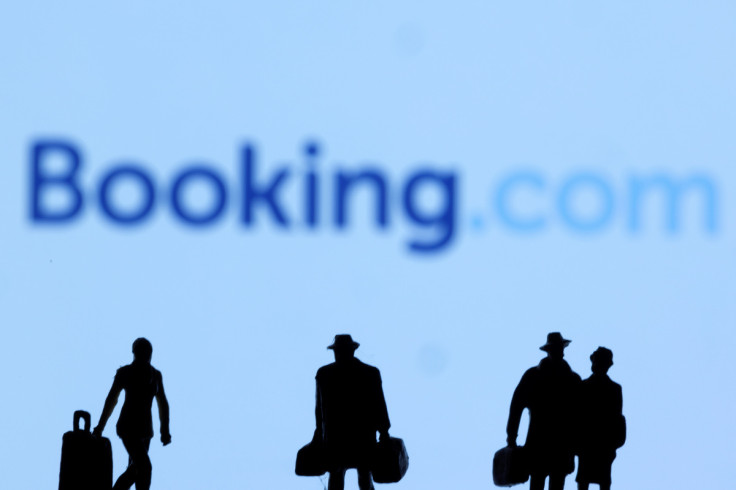Booking.com Slammed as Brits Say Scam Messages Look '100% Genuine' — Ofcom Urged to Step In
Consumer watchdog Which is calling on Ofcom to investigate Booking.com after users report convincing scams, fake property listings, and poor response systems.

Which has reported that Booking.com is seeing more complaints about alleged fraud than any other accommodation platform online. The outlet cited the possibility of 1 in 10 customers targeted by online scams as a huge concern. This comes amid the booking site's millions of users in the UK and abroad, with Which urging Ofcom to investigate the platform's safety measures.
Booking.com Scams in the UK
The Guardian recently reported a scam in the UK, asking Booking.com users for credit card details to secure their holiday. It either reaches users of the Booking.com app or a seemingly legitimate email.
The scam preyed on customers who were in a panic, stressed about having to suddenly look for lodging during the holidays. This was a major issue as the platform itself proved to be unsafe.
As per Action Fraud, 532 reports of this scam were made between June 2023 and September 2024. Victims lost a total of £370,000 prior to the article being posted on how to act on the matter.
In another case, Which reported the case of Glyn Powell-Evans' guesthouse, Great Tangley Manor in Surrey. He was surprised to receive a call from somebody who booked his holiday home, despite not putting it on Booking.com.
Evans, along with his wife, have been running the guesthouse for two decades. They were shocked to see that their home had a listing on Booking.com with photos he took himself.
Evans made efforts to unsuccessfully contact Booking.com via phone to remove the listing. However, he found it impossible to reach them without a booking reference number.
He would then try to speak with them through the property owner's portal. Since he didn't have a property reference, this was also an impossible task. He even tried to send a letter to the Booking.com head office in Amsterdam with no response.
The listing was finally removed after Which pointed him to Booking.com's portal for reporting illegal content. Notably, this wasn't even clearly flagged on the site.
Evans contacted Booking.com about the fraudulent listing on 18 June. However, it stayed live until 15 July 2025.
Which Urges Ofcom to Act
With the rise in the number of scams, Which has urged Ofcom, the online regulator, to help eliminate fraud. The outlet wants them to investigate Booking.com's system to see if it's sufficient with regards to compliance with the Online Safety Act.
They added some solutions to help remedy the issues posed by the scams. This includes requiring accommodation providers to have proof of identity, removing dangerous listings, and to provide a more visible way for users to report scams.
Which also wants them to take reports more seriously, along with taking responsibility for the victims' losses. This could be done by either providing a customer service number for those needing urgent assistance or refunding individuals in cases where the platform is at fault.
Booking.com's Response
Amid the scam reports, Booking.com issued a lengthy response addressing cybercrime and online fraud. They noted that cybersecurity is a top priority, with their teams dedicated to leverage technology to monitor, detect, and block suspicious activity.
They reiterated that they take verification 'extremely seriously', while also admitting to taking liberties in streamlining the registration process for partners. They cited that they have 339 million verified reviews from travellers that should allow customers to make informed decisions.
They noted how customers can use this to easily filter reviews by date, among other things. Booking.com then advised customers to keep their personal information private, noting that no transaction will ever require them to share sensitive data.
© Copyright IBTimes 2025. All rights reserved.




















